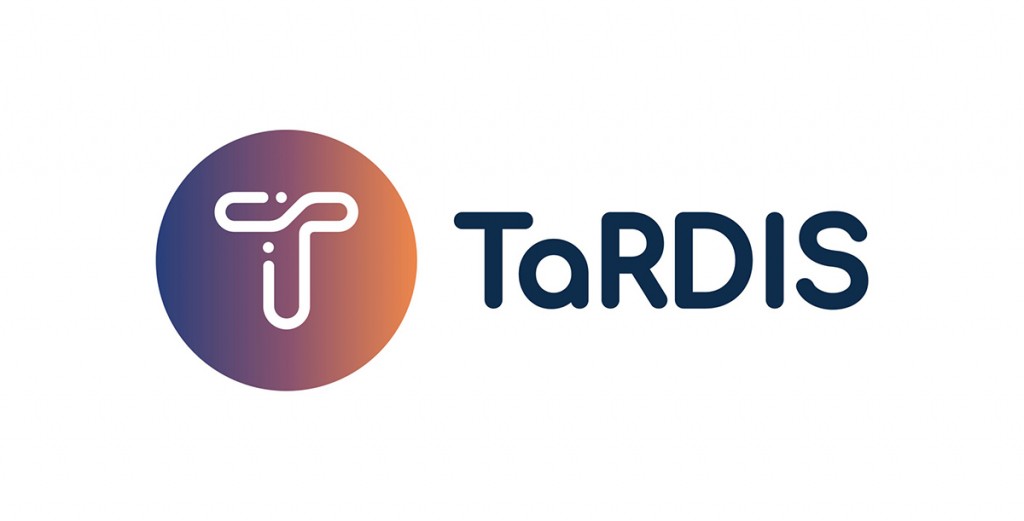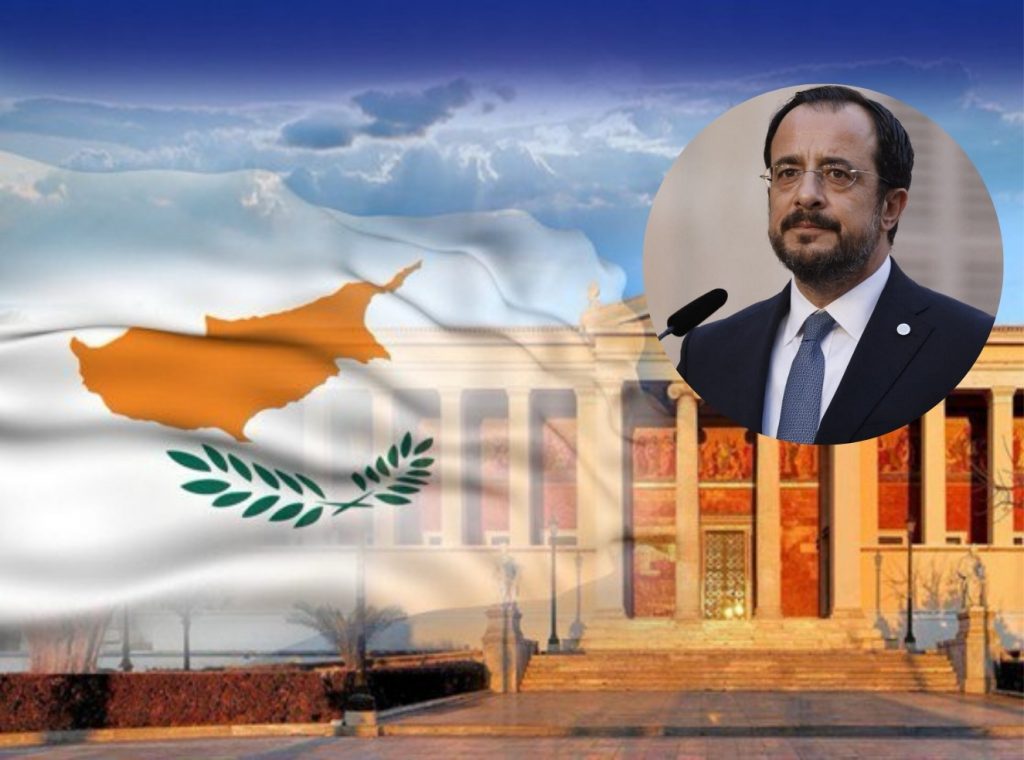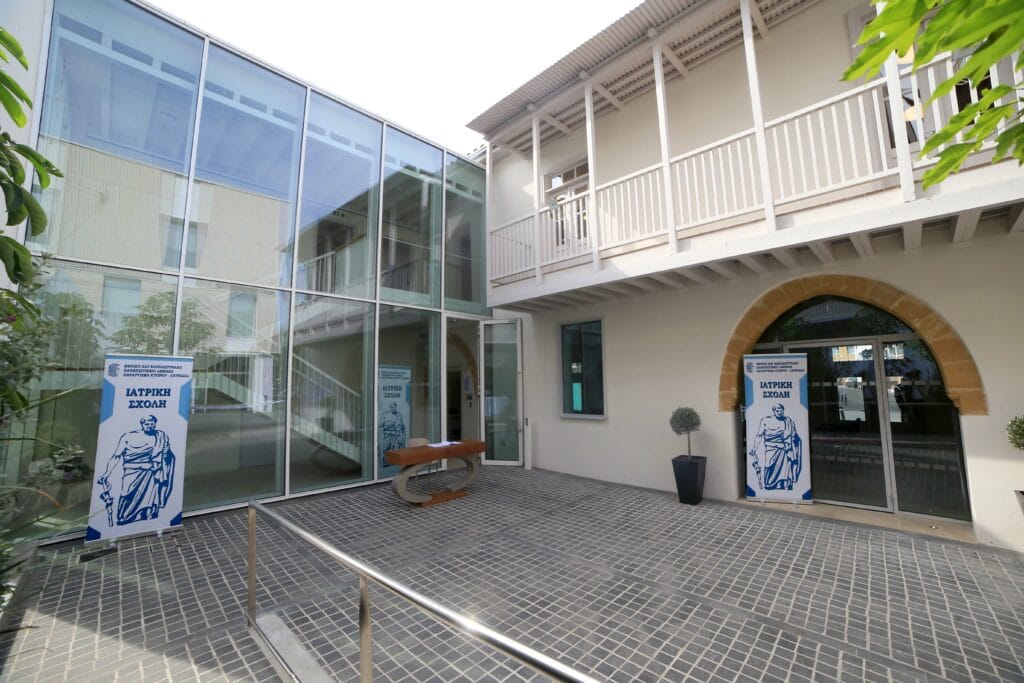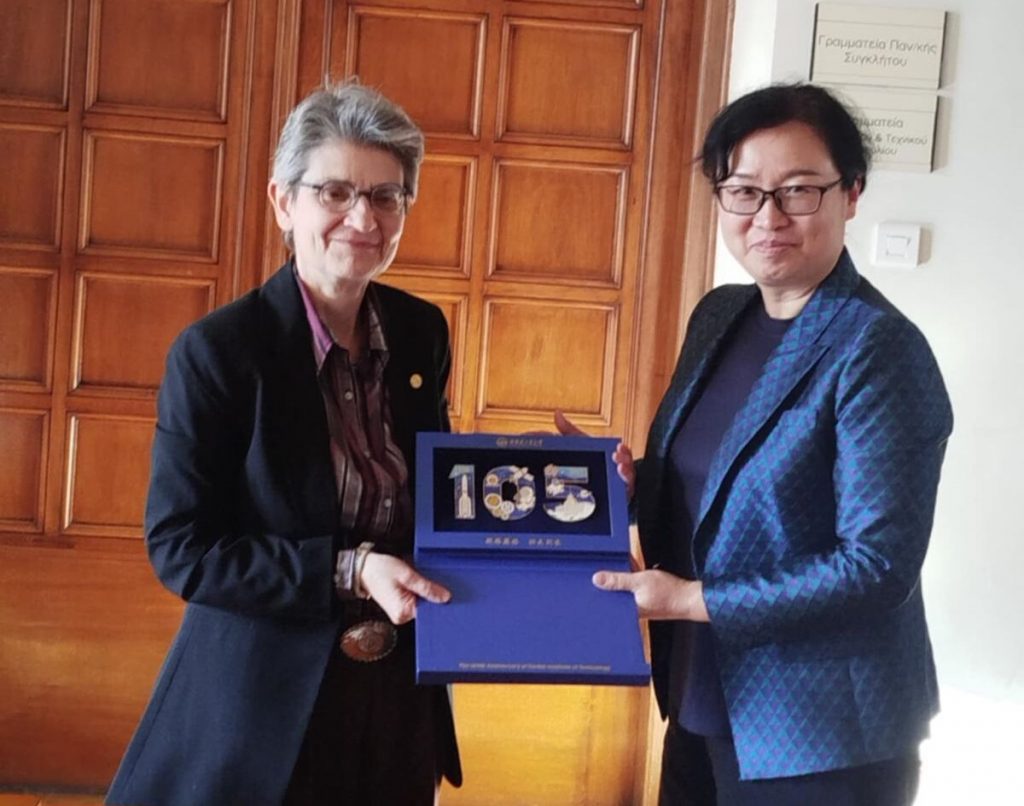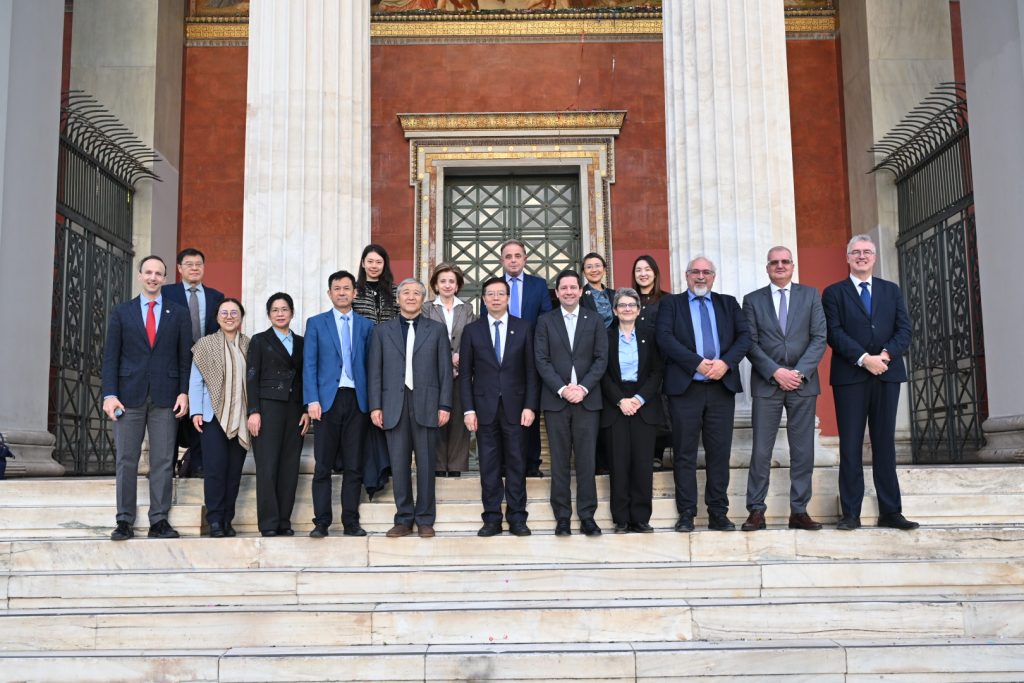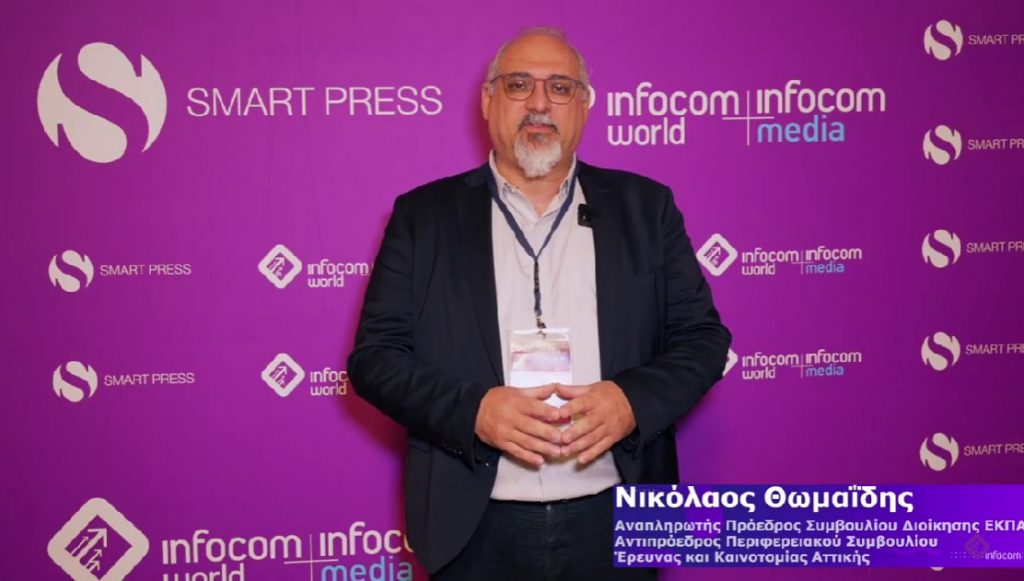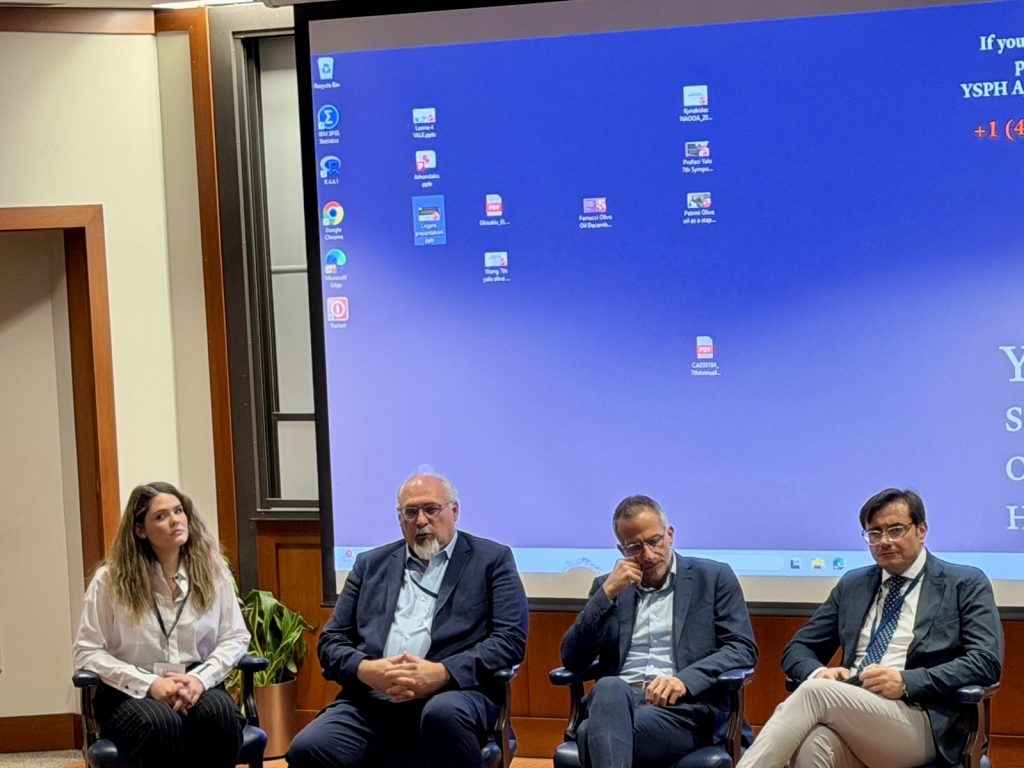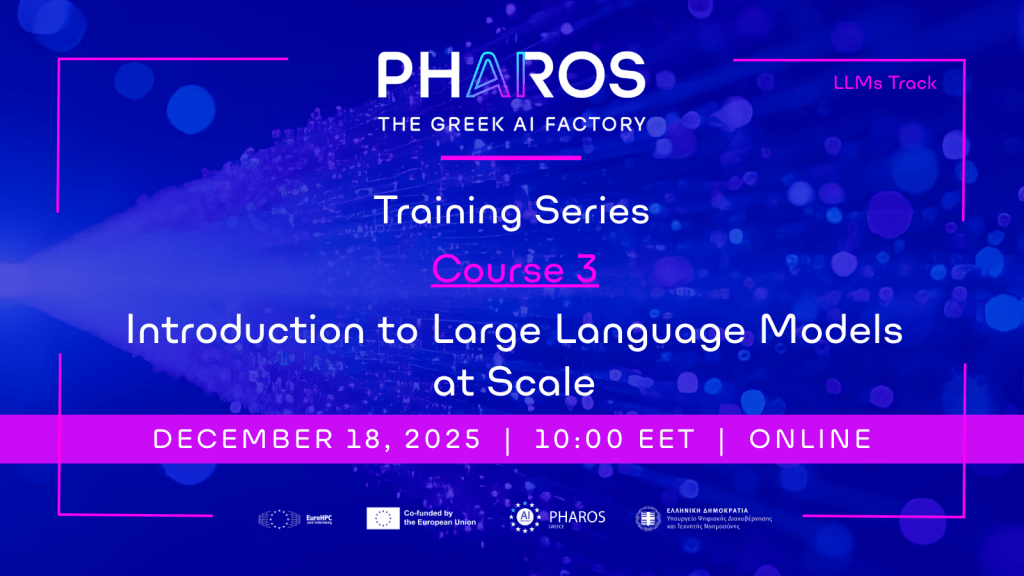The EU-funded TARDIS (Trustworthy and Resilient Decentralised Intelligence for Edge Systems) research project with a total budget of 7.5 million euros and a three-year duration, got started on 1/1/2023. The National and Kapodistrian University of Athens is participating in the consortium through the Department of Ports Management and Shipping, with the research team led by Associate Professor Panagiotis Trakadas.
The main goal of TARDIS research is based on the management of distributed systems and is intended to focus on supporting the correct and efficient development of applications for swarms and decentralized distributed systems by combining a new and prototype programming example. Creating a common and standardized architectural frame for the technologies that mentioned above is an important research challenge.
In this context, the successful implementation of the TARDIS project, which relies on the cooperation of eleven (11) European partners (research institutions, universities, companies), will provide essential services including data management and decentralized machine learning models. Middleware will hide the heterogeneity by adapting the execution of different application components across devices in an autonomous and intelligent manner). In particular, the research team of the Department of Ports Management and Shipping has undertaken the responsibility to investigate and evaluate the benefits that will arise from the integration of the new programming environment and swarms of surface and underwater vessels in ports operation and security.
The research team of NKUA will actively contribute to the implementation of the solutions proposed by the project, at the same time giving the possibility of supporting doctoral positions to young researchers.
In the final stage of the project, TARDIS will be integrated into a developed environment and as a stand-alone tool, both of which can be used to develop applications for swarm systems. The project results will be validated against four different use cases provided by high-impact industrial partners ranging from swarm satellites, decentralized machine learning solutions for personal assistant applications and the distributed control process of a smart factory.


